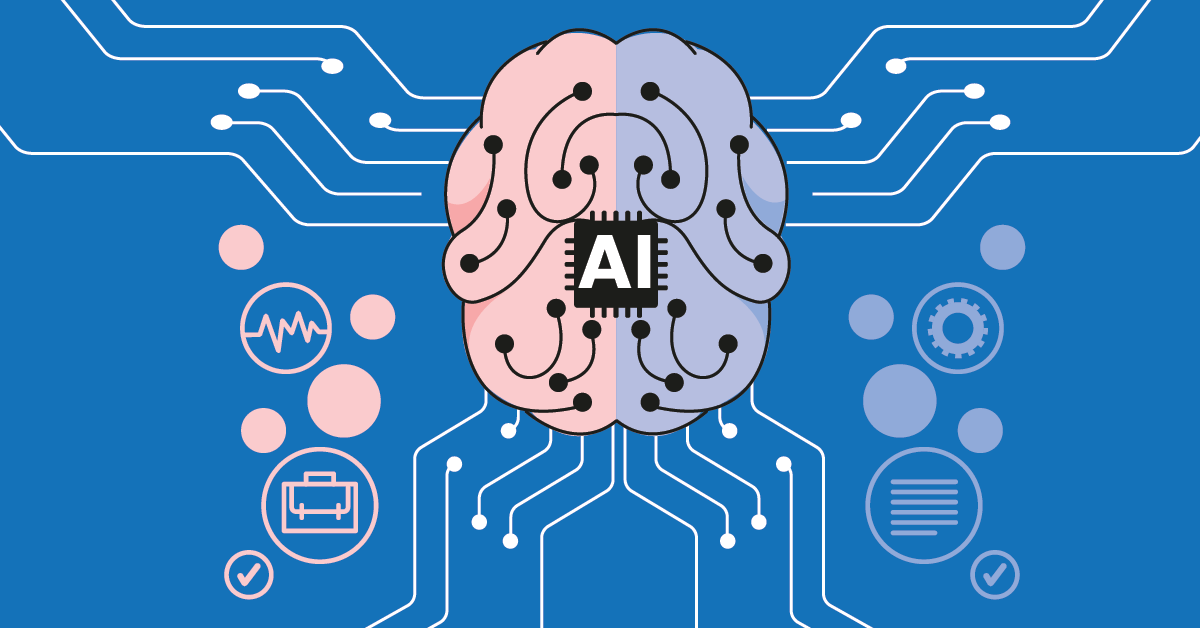Foundation Certificate in Business Analytics

FOUNDATION CERTIFICATE IN BUSINESS ANALYTICS
Programme Overview
The Foundation Certificate in Business Analytics is designed to introduce learners to the core concepts, tools, and techniques used to analyse business data and support informed decision-making. This programme provides a practical and beginner-friendly pathway into the world of analytics, enabling learners to transform raw data into meaningful insights using real-world business scenarios.
The course is ideal for students, working professionals, and career switchers who want to build strong data-driven thinking skills and lay the foundation for advanced studies in analytics and data science.
Programme Objectives
-
Develop a strong understanding of business analytics concepts and applications
-
Build foundational skills in data handling, analysis, and visualisation
-
Introduce predictive and decision-based analytics at an entry level
-
Enable learners to communicate insights clearly using industry tools
Learning Outcomes
On successful completion of this programme, learners will be able to:
-
Understand key business analytics concepts and analytical approaches
-
Identify and work with different types of business data
-
Prepare, clean, and analyse datasets using basic analytical techniques
-
Create simple visualisations and dashboards to present insights
-
Apply introductory predictive and decision-making techniques to business problems
Programme Structure
Module 1: Foundations of Business Analytics
-
Introduction to Business Analytics and its importance
-
Business Analytics vs Business Analysis
-
Types of analytics: descriptive, diagnostic, predictive, and prescriptive
-
Roles and career pathways in business analytics
-
Real-world applications across industries
Module 2: Data Fundamentals & Ethics
-
Types of data: structured, semi-structured, and unstructured
-
Common business data sources (CRM, ERP, web, social media)
-
Introduction to databases and SQL concepts
-
Data quality principles
-
Data governance, ethics, and GDPR fundamentals
Module 3: Data Preparation, Analysis & Visualisation
-
Data cleaning and preparation concepts
-
Handling missing data, duplicates, and outliers
-
Descriptive statistics and exploratory data analysis
-
Data visualisation techniques and dashboards
-
Tools introduction: Microsoft Excel and Power BI
-
Applied case study using a business dataset
Module 4: Introduction to Predictive & Decision Analytics
-
Fundamentals of predictive analytics and forecasting
-
Introduction to regression and classification concepts
-
Prescriptive analytics and decision-making frameworks
-
Scenario planning and “what-if” analysis
-
Business use cases: sales forecasting, customer behaviour, resource planning
-
Final applied analytics case study
Assessment Method:
MCQ Examination – 60%
Internal Assessment / Practical Assignment – 40%